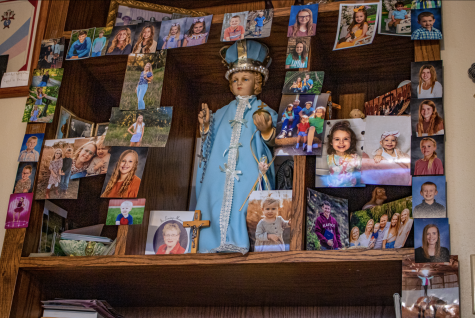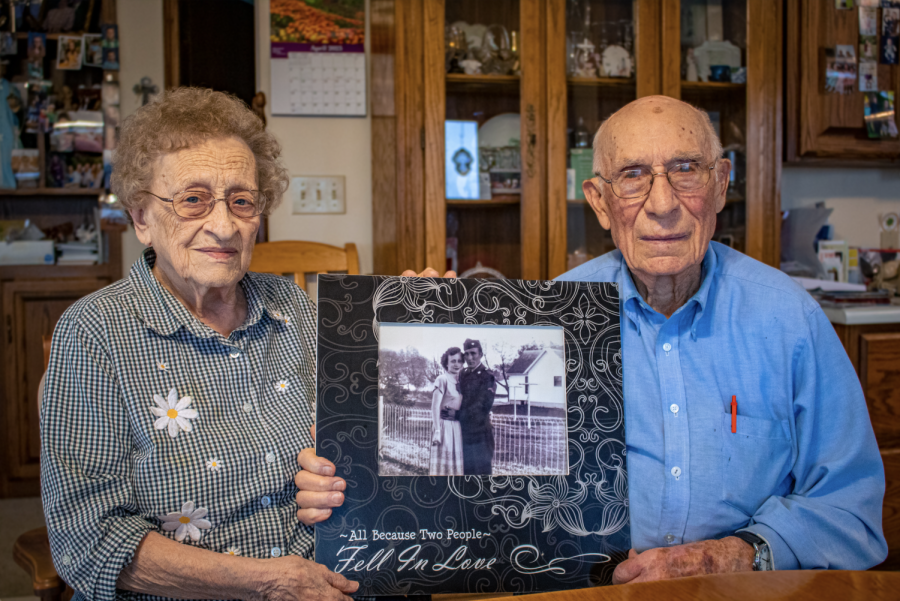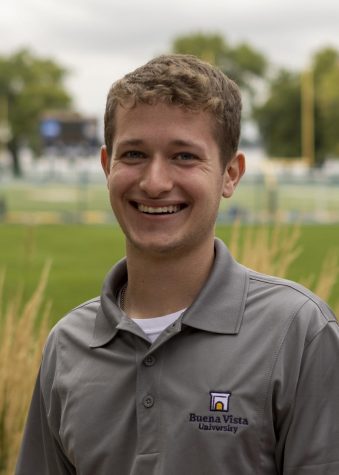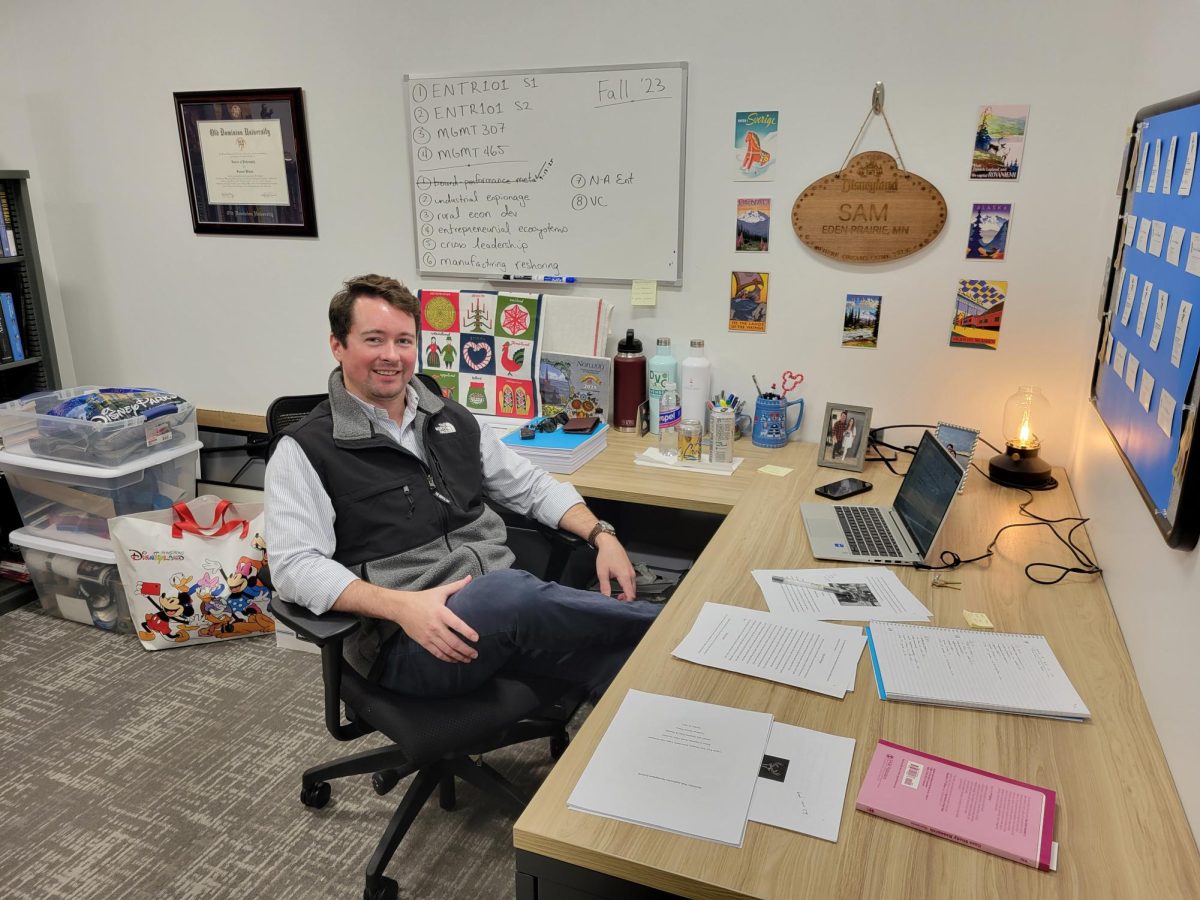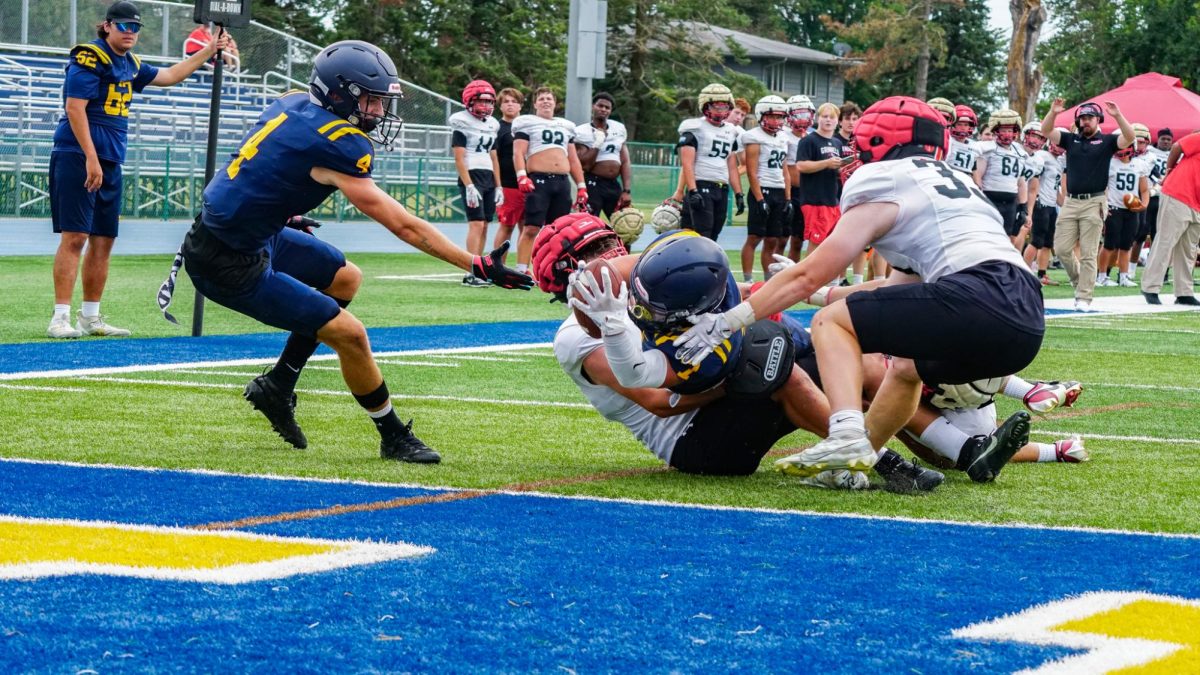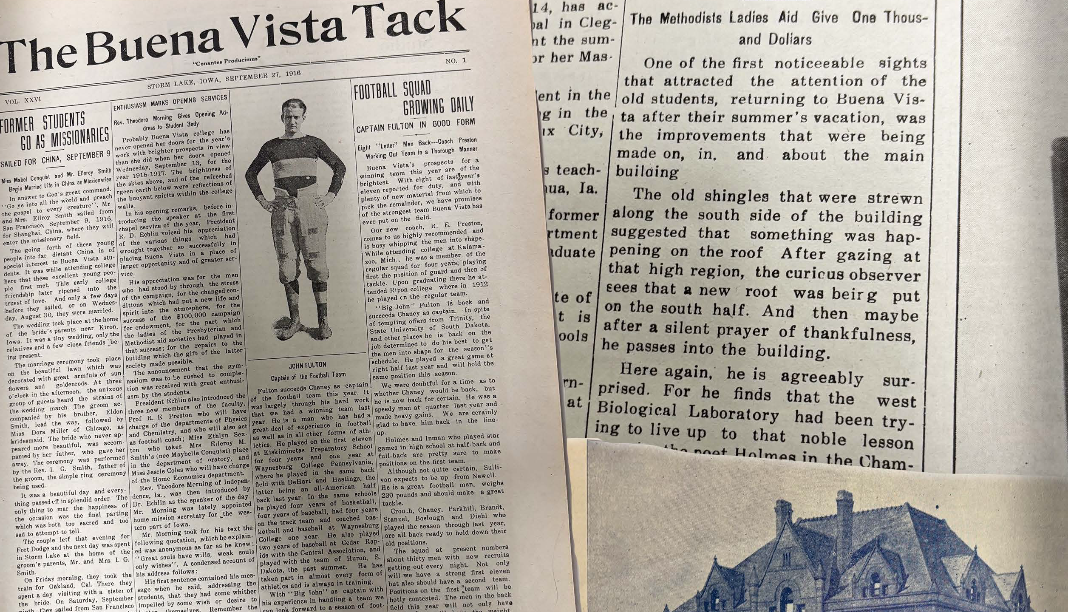Lifelong Love – A Journey Through 70 Years of Marriage
May 2, 2023
On a bone-chilling evening, an exhausted, young American soldier eagerly awaits the arrival of his platoon during the heart of the Korean War. Kneeling down, he unconsciously places his rifle to his right side, having done so thousands of times in training. Slowly, he unfastens his helmet and begins to lift where it nestled into place. Indents and wrinkled skin resemble that of arm marks following a deep sleep. As he cautiously moves the rigid, metal helmet to the ground on his left side, he freezes suddenly. Mere inches from his helmet, where his knee soaks into the damp Earth, an armed World War One landmine awaits pressure. A few moments from placing his helmet in that exact spot, the young soldier slowly stands up and tip-toes his way to camp for the night. Anita Venner, then fiancé of the young soldier, recalled, “You just prayed that he’d come back and wrote your letter every night.”
While disrupted by the war, the relationship of Anita and Cyril Venner, or as I call them, Grandma and Grandpa, flourished through many challenges which ultimately drew an ever-growing family closer together. Throughout my toddler years, I ran wild around the open floor plan style of their comfortable house perched on the peak of a hill in true, rural Iowa. However, I never truly understood the journey my grandparents endured to reestablish a family farm and raise nine children.
Contrary to modern date nights, mere exposure led Grandma and Grandpa to naturally invest more interest in each other. In an era of town celebrations, a romantic spark lit a blazing fire of love in the mid-40s. Going from parades and gatherings to meeting friends and recognizing familiar faces, the two gravitated towards each other, but the spark never truly took flame until sweet tunes filled their eardrums. Grandma reminisced, “Then we got hooked on old time music.”
Opening in 1936, McNabbs Roof Garden sat on the fourth floor of a building located in Carroll that played host to many popular orchestras and bands. The upbeat, rhythm-driven sound of the accordion and fiddles from polka bands led to swift moves on the dance floor as couples gathered from all over to indulge in a night of entertainment. After becoming hooked on music, Grandma and Grandpa made their way to the dance floor several times a month throughout their teenage years. Watching youth return to their faces as they recalled these evenings made me rethink the grandparents I knew growing up. I remember the days Grandma used to babysit me and a handful of cousins who always found our way into mischief. Trips to town were a rarity and treated as a special occasion. Yet, I’m reminded, my grandparents were young too. One night, in particular, Grandpa vividly recalls. “One of the biggies I think was back when we first started going [to the dances] and Lawrence Welk came, and I splurged,” he said. The memorable name and music led to a memorable evening that changed the trajectory of their lives forever. That was until a letter disrupted all plans.
In the heart of the Korean War, the draft called Grandpa to report for service and separated the two for years. Not only separating them but forcing a family farm to shut down. Grandpa said, “It was kind of a hellish deal. I was shocked I had to go, and it was really tough on Dad because he had to quit farming.” Being the youngest boy, Grandpa recalled an optimistic hope he would not receive notice of selection for the draft. Such optimism met shattered hearts when the dreaded letter arrived calling him and his brothers to service, forcing doors to close on their family farm. After saying goodbye, anxious concerns occupied Grandma’s mind wondering if she would ever see her true love again.
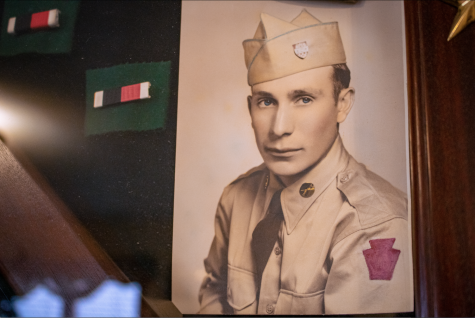
“I went to mass pretty well every morning. You worried and you wondered, and you’d hear stuff,” she said with a stern, yet shaky voice.
With frequent letters exchanged throughout the course of deployment, a timely return to the States met an immediate phone call. Grandma mentioned the warmth and relief she felt as soon as she heard his voice, but the hectic nature of farming led Grandpa’s focus to preparations for rebuilding the family farm. “We got back the first of March, and a lot of times you’re in the field in March,” he said. Although his father had to quit farming, the fact he did not sell any machinery allowed Venner Farms to start working land again.
Living in a house with his brother and father, Grandpa stuck true to his engagement promise he made before heading to basic training. On April 14, 1953, Grandma and Grandpa said their vows. Grandma recalls, “I’ll never forget that first night coming home from our trip. Coming in the house it was time to make supper, I knew nothing about the place, and there were three men sitting at the table.”
However, in a reassuring tone, Grandpa chuckled, “She was always worried about if she could cook well enough but after six weeks of my cooking, they’d do anything for a switch.” As I laughed, my toddler years, once again, resurfaced with how extra chairs were always pulled up to the dinner table. The fresh aroma of master-chef cooking would attract family members like cattle to a feeding wagon.
As a young boy, when I struggled to fall asleep, I would call out in an annoying tone, “Mom,” progressively becoming more aggressive until she finally opened the door to my room. From there I would say in an ever so sweet voice, “Could you tell me a story?” Resistance rarely met the request as she would sit on my bedside, in the dark, and gently rub her smooth fingers along my back. In a soft, whisper-like voice she would soothe me back to sleep, filling my imagination with her life growing up on a farm with eight siblings. Although Grandma gives the politically correct answer as to why nine children, mentioning God blessed her with nine, Grandpa does not hold back. After some contemplation, he finally stated, “The Bible says, ‘Go, fill the Earth.’”
Maintaining their own business with the farm, morning calls came before 6 a.m. as Grandma and Grandpa would meet their children at the barn to milk cattle. The fresh aroma of manure would act as cold water splashing against the face, waking the children up as the warm milk softened their frozen fingers in the chilling winters and led to sweat dripped clothes during sweltering summers. Once prepared for the milk truck to arrive, the kids would get ready for school as Grandpa wrapped up other chores. Part of the working relationship, Grandma would then turn her attention to breakfast before taking care of the chickens, something she would always do even into her elderly years. Following dinner, a couple of close cousins and myself would pile into her red minivan, it was always a treat if you got to carry the scrap bucket, and prepare for the journey ahead. Grandma, notoriously known for her lead foot, would speed down the gravel road towards the railroad tracks to make it to the chicken coop. Naturally, us children would make a competition out of everything so we laid the back seats flat and got in a surfing stance to see who could stay standing the longest. We knew the true winner would remain on their feet after we crossed the bumpy railroad tracks, but no one could accomplish such a feat.
As their children began to raise their own families and the three boys took over the family farm, an open-door policy remained at the house on the hill. Few times do you strictly visit Grandma and Grandpa when making a pit stop at their perch. To this day they keep a hawk’s eye on the road, watching passing traffic, to keep tabs on the boy’s work. When one of these trucks disrupted our conversation, Grandma leaned over the table and murmured, “That’s not our truck,” before gingerly sitting back down in her chair. Usually, one of the boys stops by for a coffee break in between chores, and their other children make their weekly visit on the weekends.
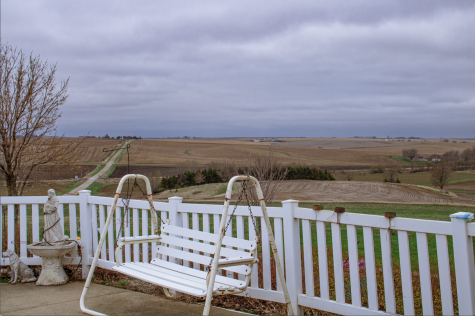
With morning calls still early, Grandma and Grandpa are met with a more relaxing start to their day by watching mass on the television and listening to some rosaries. Following this, Grandma meanders her way to her sewing room to patch the ripped jeans her sons so often drop off, and Grandpa keeps himself occupied with bookwork and tending to his garden.
Grandma and Grandpa have truly experienced a lifetime of love with 70 years of marriage and nearly 80 in a relationship. Such numbers are so rare the United States Census Bureau does not even report on marriages over 75 years anymore, however, the 2009 report showed that 0.1% of marriages reach the platinum mark. Throughout the journey of dancing nights away in ballrooms, being separated and forced to communicate through letters, and rebuilding a family farm while raising nine children, many lessons of love ensued. Grandpa simply stated what got them through all these times, “We prayed together before and after every meal, and we prayed together when we went to bed. A family that prays together stays together.”
As one young in the years of love, they couldn’t help but offer advice. After thoughtfully deliberating, Grandma eloquently said, “You’ve got to learn to appreciate each other and work together. To give and take and to pray.” The joy on their faces as they watched young children run around and family laugh in each other’s company while celebrating their milestone proves that love is in fact a lifelong journey. Over 70 years, nine children, 30 grandchildren, and 45 great grandchildren, all because two people fell in love.
